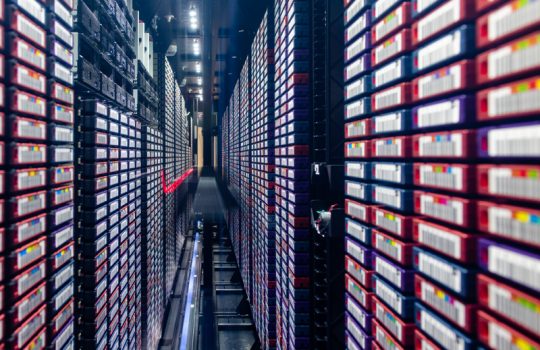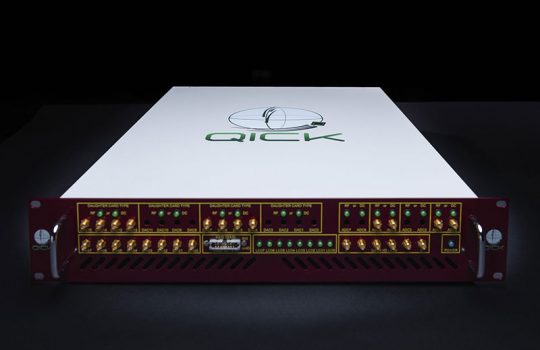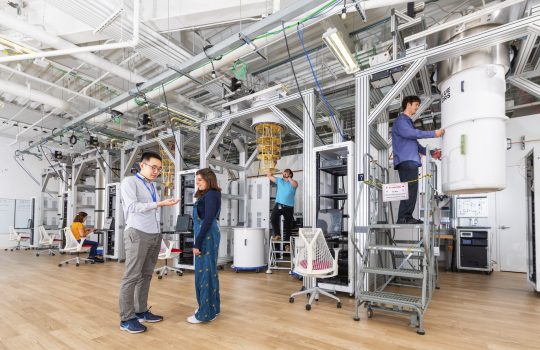Batavia, Ill. – Following the launch today by Secretary of Energy Spencer Abraham of a major new Department of Energy initiative for science education, officials of DOE’s Fermi National Accelerator Laboratory expressed support for the new program. At a gathering of researchers and graduate students at Stanford Linear Accelerator Center in Palo Alto, California earlier today (Thursday), Secretary Abraham outlined a seven-point program to use resources of DOE and its national laboratories to improve science education for the nation’s students.
“As a DOE national laboratory, Fermilab has a longstanding commitment to strengthening science education,” said Fermilab Director Michael S. Witherell. “Secretary Abraham’s initiative will help to leverage the unique resources at Fermilab and other DOE national laboratories around the country. By connecting students and teachers with the excitement of research, we have the opportunity to inspire and educate the next generation of scientists.”
Witherell cited the QuarkNet program as one such opportunity. Based at Fermilab, the six-year-old program brings high school students and teachers to the frontier of 21st century research by involving them directly in the research programs of the world’s major particle physics laboratories.
Through university scientists across the country, QuarkNet is connected to high-energy physics experiments operating at Fermilab and other particle physics research centers. The students and teachers work alongside scientists in an experience designed to catalyze the young people’s interest in today’s revolutionary science of particle physics.
“So far, QuarkNet has reached 507 teachers and their students in 25 states and Puerto Rico,” said Fermilab Education Manager Marjorie Bardeen. “But beyond the numbers, over and over again we see students come alive to the fascination of real scientific research. The national laboratories have extraordinary capabilities to offer in strengthening science education in this country.”
This week found Glenbard North High School (Illinois) physics teacher Dan Rubino at work in the experimental control room of Fermilab’s DZero experiment. DZero scientists analyze the results of trillions of high-energy particle collisions at Fermilab’s Tevatron particle accelerator to try to discover what the universe is made of and how it works. Under the guidance of Fermilab physicist Don Lincoln, Rubino and four local high schoolers were working to correct the calibration of the detection of certain particle jets that contain subatomic particles called muons. Lincoln had noted a problem in the current jet calibration and asked the students to help him discover the source of the error in order to correct it.
Paul Bierdz, an Illinois Math and Science Academy student from Oak Forest, Illinois, said he found the experience amazing.
“The three-story detector,” Bierdz said, “the millions of lines of analysis code and petabytes of data-all dedicated to discovering the simplicity of a few particles that are responsible for the entire universe.”
Fermilab is operated by Universities Research Association, Inc., under a contract with the U.S. Department of Energy.
-30-
More information about QuarkNet and other Fermilab Science education programs is available at http://www-tele.fnal.gov/pub/education/index.html.
More information about all of the components of the Department of Energy’s science education initiative is available at http://www.science.doe.gov/Sub/Newsroom/News_Releases/DOE-SC/2004/Education-Initiative/Education-Initiative.htm



